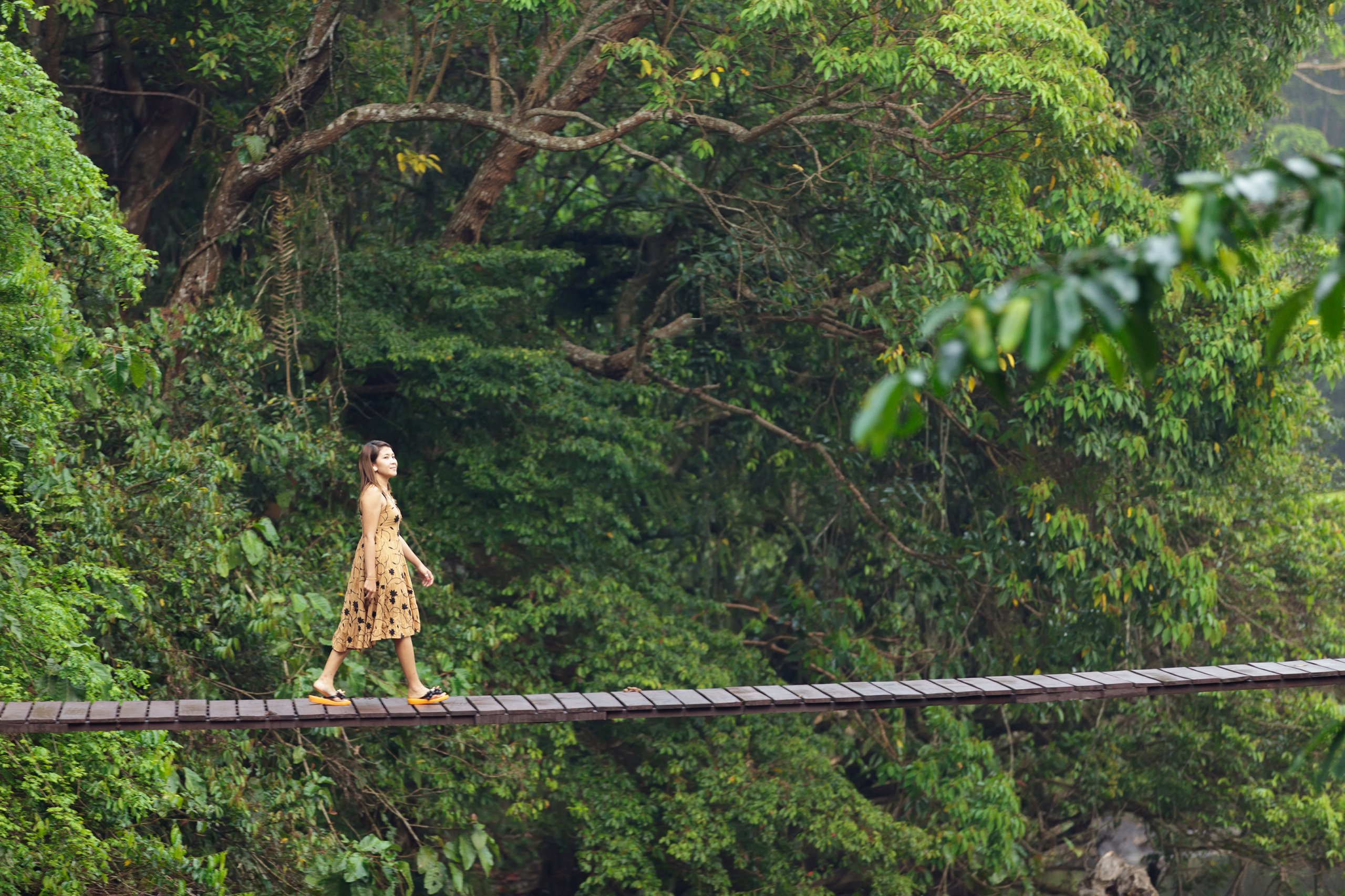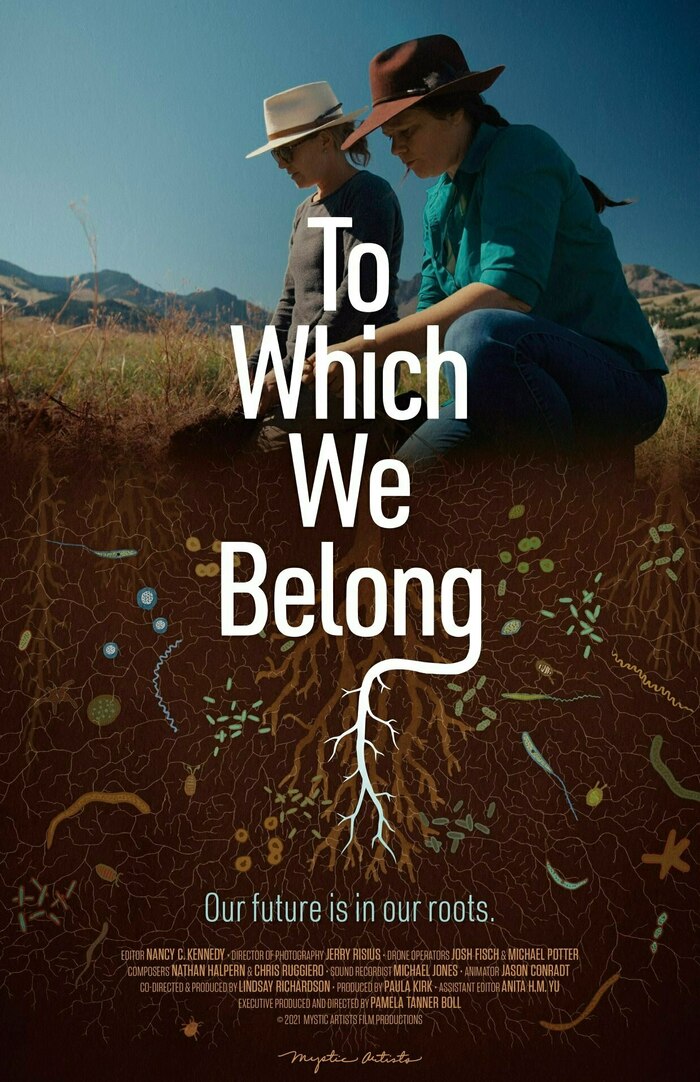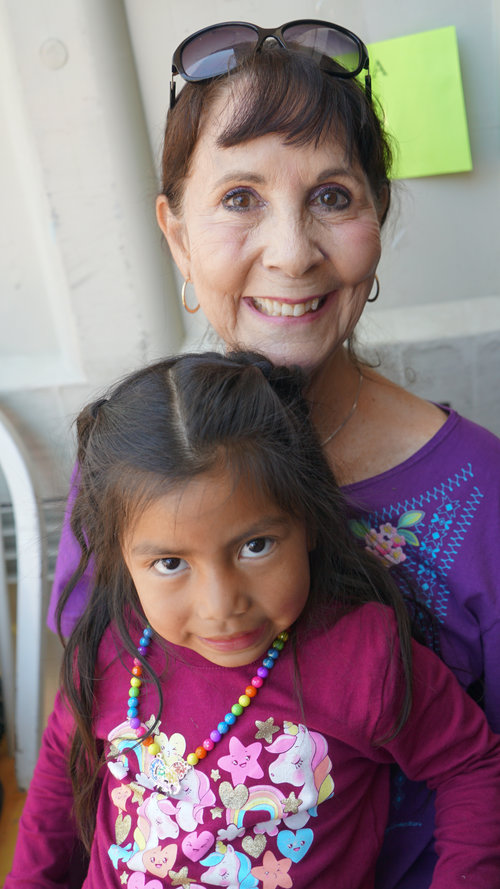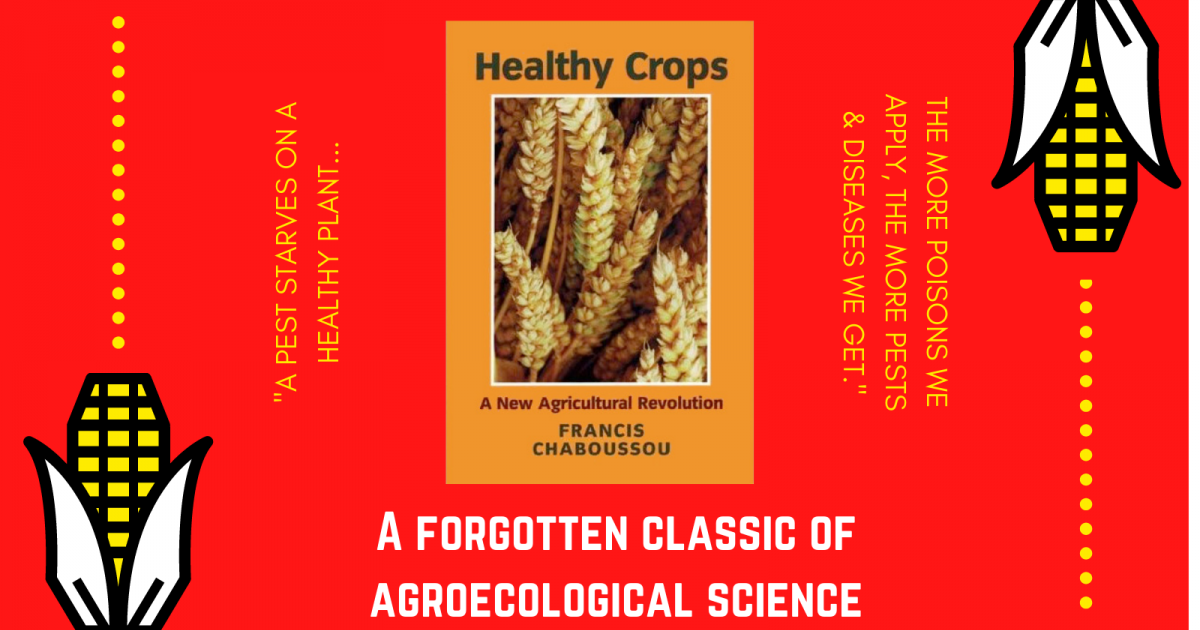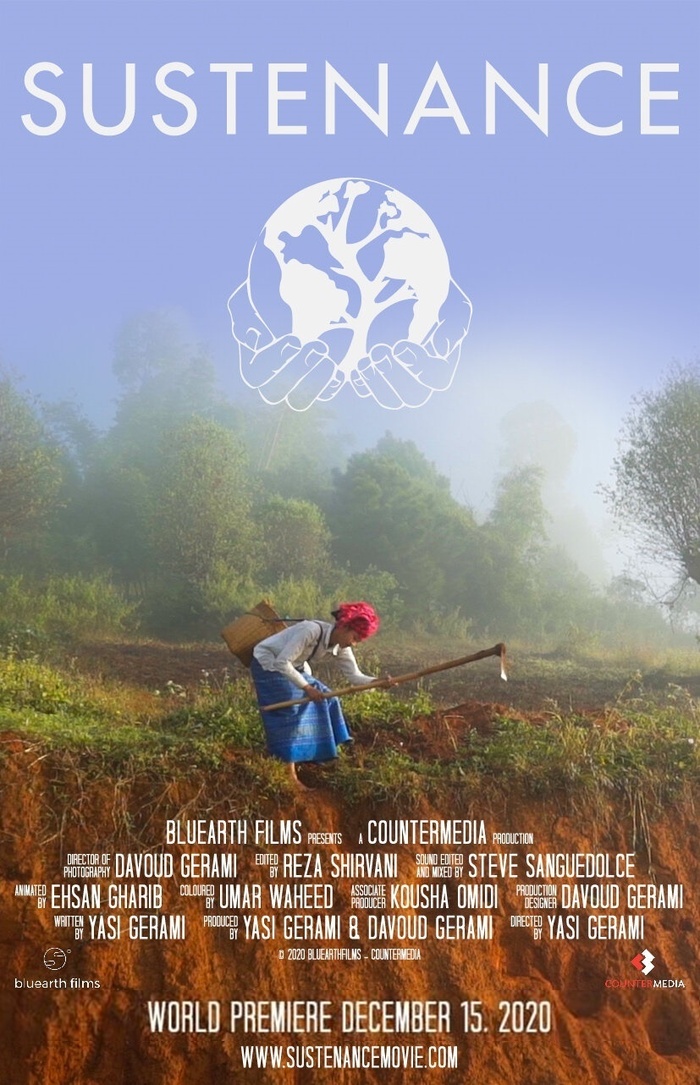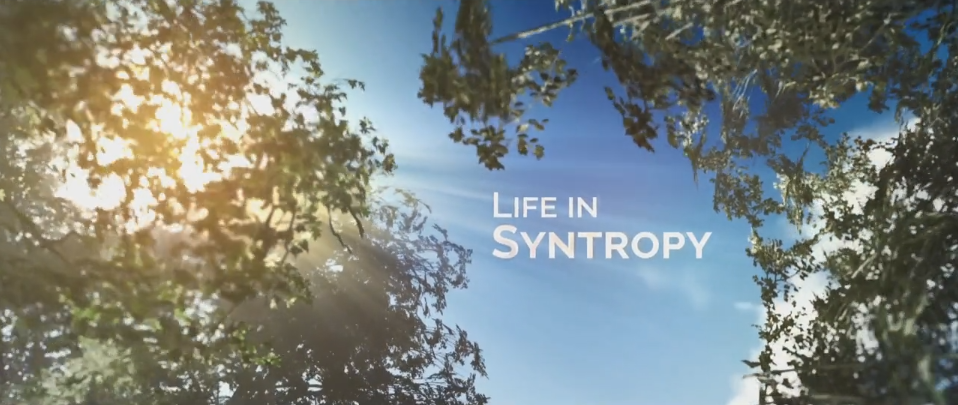https://vimeo.com/553983264
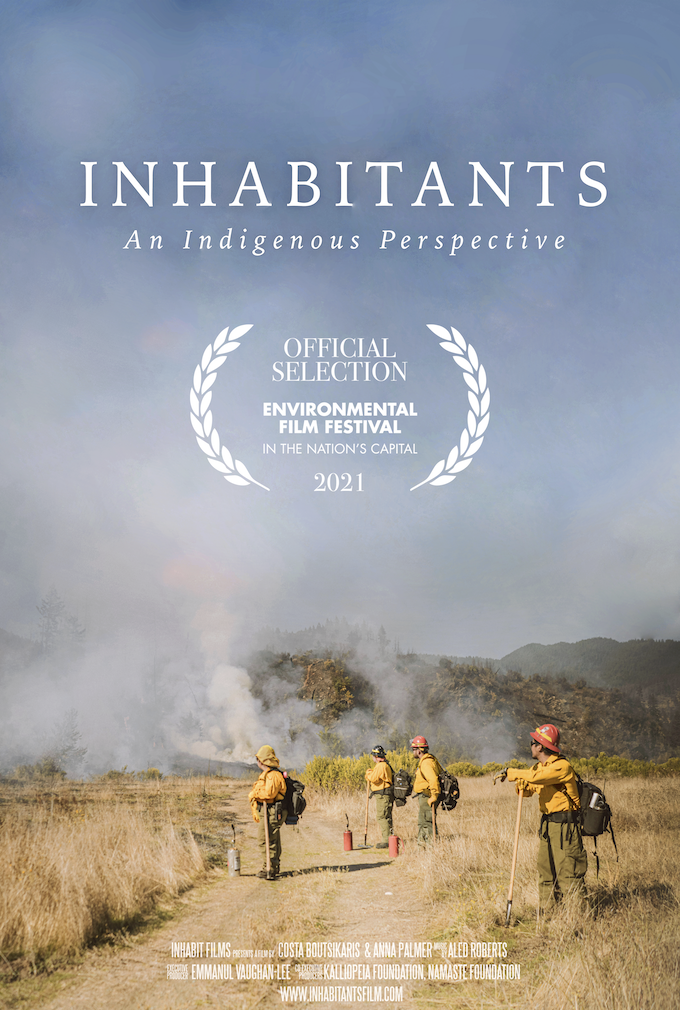
An Indigenous Perspective
Inhabitants: An Indigenous Perspective is a feature-length documentary that follows five North American tribes restoring their ancient relationships with the land while adapting to today’s climate crisis.
The film travels across diverse bioregions of North America, from deserts and coastlines, to forests, mountains, and prairies, highlighting the dramatic effects of climate change and stories of indigenous land stewardship practices, which continue to be resilient in the face of a changing climate. The film focuses on five stories: the return of prescribed fire practices by the Karuk Tribe in California; the restoration of buffalo on the Blackfeet reservation in Montana; sustained traditions of Hopi dryland farming in Arizona; sustainable forestry on the Menominee reservation in Wisconsin; and the revival of native Hawaiian food forests in Hawaii.
Although these stories are not connected geographically, and only represent a small portion of the many diverse indigenous communities leading efforts to maintain their cultural practices and identity, they all share the common dimensions of “traditional knowledges.” According to Guidelines for Considering Traditional Knowledges in Climate Change Initiatives,"[traditional knowledges] broadly refer to indigenous communities’ ways of knowing that both guide and result from their communities members’ close relationships with and responsibilities towards the landscapes, waterscapes, plants, and animals that are vital to the flourishing of indigenous cultures."
Climate change poses an immediate threat to Indigenous Peoples’ health, well-being and ways of life. Tribal nations are on the front lines of confronting climate change, including increased frequency and intensity of wildfires, higher temperatures, ecosystem changes, ocean acidification, forest loss, and habitat damage. Climate change also raises questions about what will become of spiritually and culturally significant ecosystem services that are essential to maintaining many tribes’ identities. Indigenous communities are disproportionately harmed by the changing climate as they depend more on natural resources than the US population as a whole. Negative impacts include threats to traditional foods such as fish and crops which have provided sustenance as well as cultural, economic, medicinal, and community health for countless generations.
Emerging threats have galvanized a concerted effort by several tribes to forge ahead with climate-change adaptation strategies. They are leading the way guided by indigenous traditions and are quickly adapting to and even directly counteracting the shifting climate. Examples like the Hopi dry land farming techniques show how to deal with extremely arid and hot weather; the raising of Native Bison on the prairie lands of the Midwest improves carbon sequestration while removing the need for feedstocks; and forest fire management that is being guided by native forestry practices are just a few of the stories that give insight into how much wisdom and importance the indigenous land use practices reflect; and how crucial it is that their story is heard. The indigenous land management practices in the forests, deserts, prairies and coastlines of North America have much to offer to the current conversation surrounding climate adaptation and mitigation.
The First Peoples are estimated to have lived in North America for 15,000 years. In a few short centuries Native Americans have had most of their population systematically erased, almost all their land taken, and also been forced to deal with the disastrous effects of industrialization on their remaining resources. Tribal communities have proven to be remarkably resilient, surviving in some of the most extreme environments and having endured very aggressive marginalization. We can now create a platform for helping these marginalized people share their wisdom about how to live in these lands and how their history and tradition can inform and guide us. This documentary is an effort to give Native Americans an opportunity to share their stories of resilience and wisdom in the face of extreme climatic stress. We as a society can listen and learn from these stories of time tested land use practices. Now is the moment to support Native peoples in becoming leading voices on how to design, create, imagine and live in a more sustainable and resilient world.
This past fall we had the honor of documenting the prescribed fire traditions of the Karuk Tribe in Northern California and the sustainable forestry operations of the Menominee Tribe in Wisconsin. These stories are being woven into a feature length documentary Inhabitants due out in 2020. Folks have been asking a lot about the Woodlanders series and although I took a break last summer to focus on this feature film we are ramping up for a new season of short films starting in the Pacific Northwest next month. Thanks for your patience and support. — Costa Boutsikaris (2019)
#Woodlanders is an online film series that seeks to document the work of people who care for and depend on forests for their livelihood and well-being throughout the world.
Even among today’s progressive movements of local economy and food systems, the vast global knowledge of forest livelihoods and economies are mostly undervalued and undocumented. From woodcraft and nut tree cultures of ancient Europe, to mushroom and forest medicines of Asia, there many fascinating ways of creating sustainable economies from the forests while maintaining their ecological health and complexity. While filming Inhabit - A Permaculture Perspective I fell in love with woodland cultures and felt called to research further. Over the past year I began to create an accessible archive of these stories and I hope to share this inspiring world with you. Sustainable relationships with forests regenerate and protect these wild places while also offering livelihoods to humans. Each episode will focus on a person or culture who has a sustainable relationship and/or livelihood with a forest. Join me on the journey and learn how much forests can offer. — Costa Boutsikaris
#Inhabitants #documentary #film #nature #environment #climate #FirstPeoples #IndigenousPeoples #tribal #lands #community #people #climate-change #land #reservations #land-use #aboriginal #management #fires #bushfires #wildfires #forestry #dryland #farming #food #food-growing #well-being #wisdom #way-of-life #culture #tradition #food #food-growing #practices #natural #resources #ecology #stewardship #knowledge #education #adaptation #Karuk #Blackfeet #Hopi #Menominee #Hawaii #TraditionalEcologicalKnowledge #conservation #protection #preservation #sustainability #resilience #CostaBoutsikaris #InhabitFilms #docu-films
